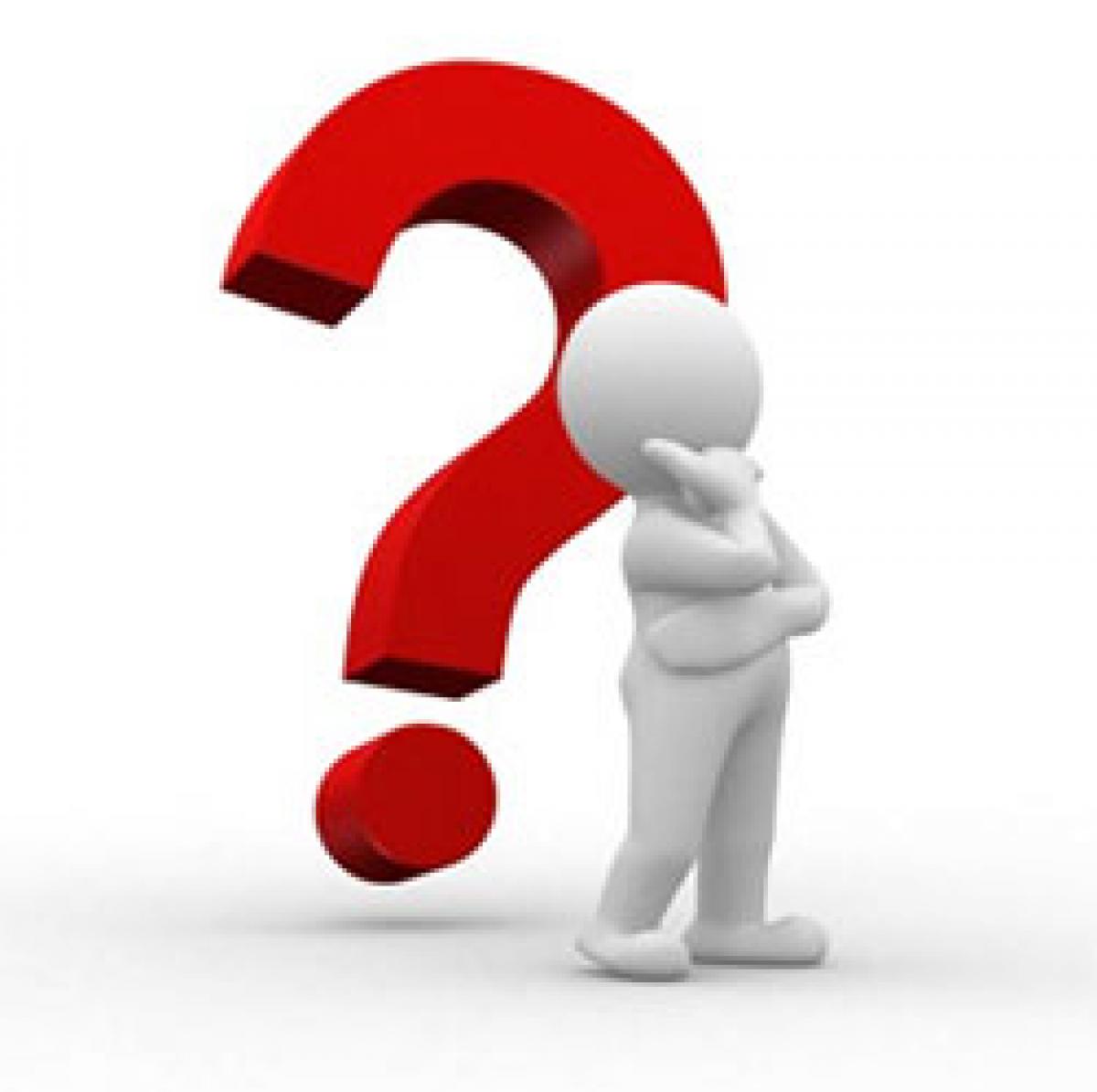Oh my word Analogy, Analogous Analog, Analogue

Everything is shifting from analogue to digital…if you have an analogue wall-clock at home, it can be priceless.
.jpg) We know nothing of what will happen in future, but by the analogy of experience.” –Abraham Lincoln
We know nothing of what will happen in future, but by the analogy of experience.” –Abraham Lincoln
Everything is shifting from analogue to digital…if you have an analogue wall-clock at home, it can be priceless.
Is there an analogy between India and Pakistan? They have analogous histories before they became independent of British rule in the Indian subcontinent.
Analogize (or analogise) means to represent or explain by giving an analogy, use analogy.
Analogous is an adjective often followed by the preposition to. Analogous means partially similar to someone or something, parallel, showing analogy; having analogy, corresponding to something else, bearing resemblance to someone or something especially when compared.
In biology, analogy refers to performing a similar function but having a different evolutionary origin.
In the case of analogous colours: analogous colours in a 12-part colour wheel are yellow-green, yellow and yellow-orange (note that there are more than a million colours!)
The opposite of analogous is homologous.
Analogous comes from the Greek word analogos meaning proportionate. Analogously is an adverb meaning that which evokes analogy; and analogousness is a noun.
In common usage, when we say that something is analogous it means ‘similar in certain respects’ to someone or somebody or something but note that it is not a synonym for the word similar.
Analogy means partial resemblance or similarity, correspondence to someone or something; in biology, analogy indicates to an organ whose functionresembles to that of an another organ; analogy is the relationship of resemblance or equivalence occurring between two situations, people, objects, countries…when used as a basis for explaining or extrapolation two things.
There are different types of analogies: part to a whole (battery: flashlight, hard drive: computer), synonym (obese: fat, thick: thin, long: short), antonym (rich: poor, strong: weak), measurement (kilogram: pounds; mile: kilometers), time (summer: May, winter: December).
The plural of the noun analogy is analogies; analogical is an adjective, and analogically is an adverb.
Analogous pole (poles) is the pole in a crystal that becomes positively electrified when heated.
Analog is the American English’s spelling of Analogue. It is an adjective referring to a device or system in which the value of data item like time is represented by a continuously variable physical quantity that can be measured as in the case of a sundial, spatial position, voltage, and others.The analogue clocks and watches that show the time by means of hands or a pointer to the corresponding number (from 1 to 12) unlike in digits.
The antonym of analogue is digital.
Analogue clock is the tone that displays the time using hands.
Analogue devices like mechanical, electrical and computers process varying signals unlike digital. There are devicves that conevres analogue data to digital and digital data to analogue devices.
Kovuuri G Reddy














